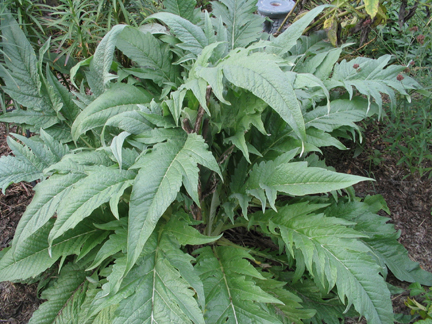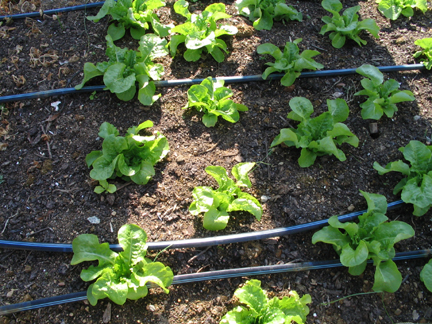Category Archives: workshops
It takes a village – part three
A few weeks ago I traveled to Tivoli, New York to photograph and participate in a hog butchering workshop presented by The Greenhorns. The workshop was presided over by Bryan Mayer, a butcher with The Greene Grape in Brooklyn New … Continue reading
It takes a village – part one
Last week I traveled to Tivoli, New York to photograph and participate in a hog butchering workshop presented by The Greenhorns. The workshop was presided over by Bryan Mayer, a butcher with The Greene Grape in Brooklyn New York. Day … Continue reading
Pastured chicken field day at Perry-winkle Farm
One of the benefits of living in Chatham County is the access it provides to workshops, classes and visits to sustainable farming and other operations. Debbie Roos, our extension agent for sustainable and organic agriculture, is the force behind many … Continue reading
2nd Annual Be Your Own Hero Fest
CALL FOR SUBMISSIONS: Hero Fest! Be Your Own Hero Festival Now Accepting Submissions The 2nd Annual Be Your Own Hero (BYOH) Festival will be taking place in Wilmington, North Carolina September 27th and 28th, 2008. Submissions for workshops, … Continue reading
Cape Fear Regional Beekeepers Association
A newly formed beekeepers association is starting up in New Hanover and adjacent counties. The first meeting is Tuesday February 19th, 7:00pm at the Arboretum (County Extension). In addition, there will be an eight week beekeepers school starting on … Continue reading
CFSA Farm Tour – DIG and SEEDS
The third and finally stop on the farm tour was the dual urban gardens of Durham Inner City Gardeners (DIG) and Southeastern Efforts Developing Sustainable Spaces (SEEDS). The DIG program is youth oriented and works 1/2 acre of land. They … Continue reading
CFSA Farm Tour – Anathoth Community Garden
The second stop on the farm tour was the Anathoth Community Garden in Cedar Grove, NC, a rural town of less than 1,000 people. Following the murder of a town member a few years ago, the community got together to … Continue reading
CFSA Farm Tour – Duke Forest Ecovillage
Last Friday, as part of the Carolina Farm Stewardship Association’s annual Sustainable Agriculture Conference, I went on a farm tour focused on how agriculture and community can come together. There were three sites on the tour. This post deals with … Continue reading
Permaculture short courses in Wilmington
I am not an expert, and I hope to never be one. The world has too many so-called experts and not enough people actually unafraid to fail. Failure provides education, something that cannot be taught by an expert or a … Continue reading




September 18, 2008 at 6:05 pm
Hi Trace! Just a quickie, but I did finally post that picture on Visible Trash… http://www.visibletrash.net
I love the Egg McMansion!